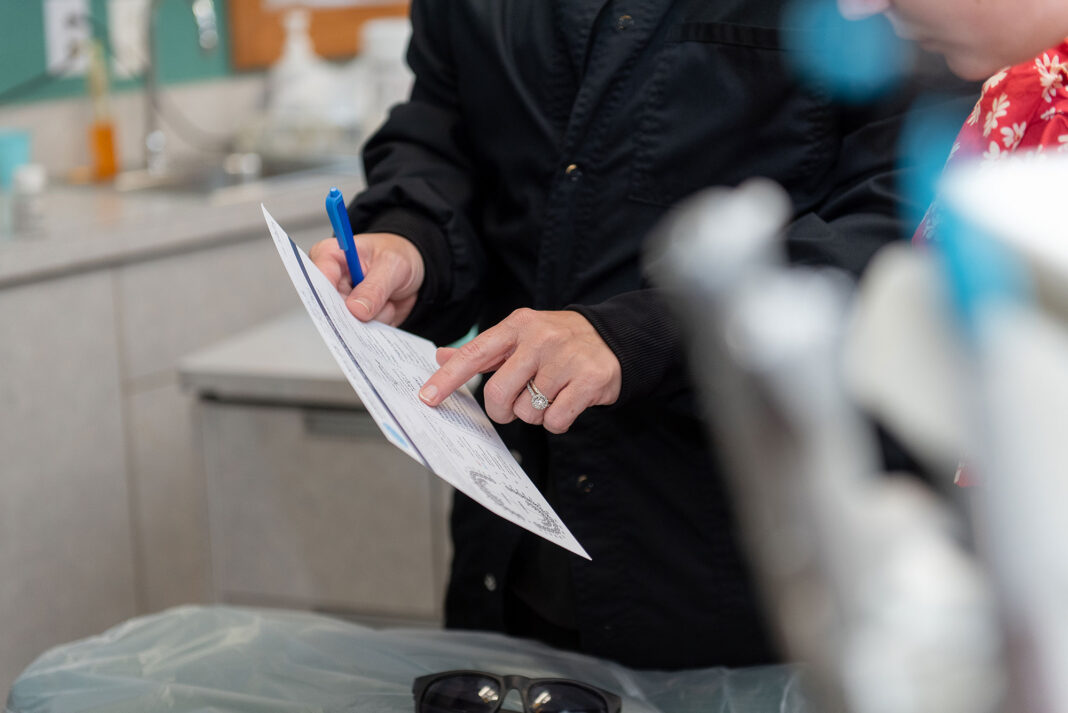When it comes to our children’s health, prevention is always better than cure, and this is particularly true for their dental well-being. Dental emergencies in children can be stressful and unsettling for both the child and the parents. From sudden toothaches to accidents that cause broken or knocked-out teeth, pediatric dental emergencies can disrupt daily life and require immediate attention. The good news is that many of these emergencies can be prevented with the right care and preventive measures. By incorporating some simple yet effective practices into your child’s daily routine, you can significantly reduce the risk of these urgent situations and ensure your child’s smile remains bright and healthy.
Understanding Pediatric Dental Emergencies
These dental emergencies encompass a range of situations that require immediate dental care to avoid long-term damage or severe pain. It often include traumatic injuries such as knocked-out teeth, fractures, or severe toothaches. The primary goal of prevention is to minimize the likelihood of these incidents occurring and to ensure that your child maintains optimal oral health. By focusing on proactive dental care and educating your child about good oral hygiene practices, you can greatly reduce the risk of encountering a pediatric dental emergency.
1. Establish a Routine Oral Hygiene Practice
One of the most effective ways to prevent is to establish a consistent oral hygiene routine for your child. Encourage brushing twice a day with fluoride toothpaste and flossing daily to remove plaque and prevent cavities. Regular brushing helps eliminate harmful bacteria that can cause tooth decay and gum disease, which can lead to painful conditions requiring emergency care. Make brushing a fun and engaging activity to ensure your child remains committed to their routine.
2. Schedule Regular Dental Check-ups
Routine dental visits are crucial for maintaining oral health and preventing potential issues before they escalate into emergencies. Schedule regular check-ups with your child’s dentist, ideally every six months, to monitor their dental health and catch any problems early. Regular dental exams can identify issues such as cavities or misaligned teeth that, if left untreated, could lead to more significant problems requiring emergency treatment.
3. Use Protective Gear During Sports and Activities
Children involved in sports or high-impact activities are at a higher risk of dental injuries. To prevent such injuries, ensure your child wears a properly fitted mouthguard during these activities. Mouthguards act as a cushion and protect the teeth from trauma that can occur during falls, collisions, or accidental blows. This simple preventive measure can greatly reduce the likelihood of needing emergency dental care due to sports-related injuries.
4. Encourage a Balanced Diet
A balanced diet plays a significant role in maintaining oral health and preventing dental emergencies. Limit sugary snacks and drinks that can contribute to tooth decay, and encourage your child to consume a variety of nutrient-rich foods. Foods high in calcium and vitamins, such as dairy products, fruits, and vegetables, help strengthen teeth and gums, making them more resistant to decay and injury.
5. Teach Safe Oral Habits
Educating your child about safe oral habits is essential for preventing dental emergencies. For instance, discourage habits such as thumb sucking or chewing on hard objects like pencils, which can damage teeth. Additionally, teach your child to avoid using their teeth as tools for opening packages or biting non-food items. Reinforcing these safe habits can help protect their teeth from unnecessary damage.
6. Address Dental Issues Promptly
If your child experiences any signs of dental problems, such as persistent pain or sensitivity, address them promptly. Ignoring minor issues can lead to more severe conditions that may require emergency treatment. Encourage your child to communicate any discomfort they feel, and seek professional dental advice to address potential problems before they escalate.
7. Prepare for Dental Emergencies
While prevention is key, being prepared for a dental emergency can make a significant difference if one does occur. Familiarize yourself with basic first aid for dental injuries, such as how to handle a knocked-out tooth or manage a toothache until you can see a dentist. Having a plan in place can help you respond effectively and minimize the impact of an emergency situation.
8. Ensure Proper Supervision
Young children often require supervision to ensure they practice good oral hygiene and avoid habits that could lead to dental issues. Monitor their brushing and flossing techniques and provide assistance if needed. By being actively involved in your child’s dental care, you can help them develop and maintain healthy oral habits that reduce the risk of emergencies.
By implementing these preventive measures, you can greatly reduce the likelihood of pediatric dental emergencies and ensure that your child enjoys a healthy, happy smile. Regular dental care, proper oral hygiene practices, protective gear, and a balanced diet are all critical components in safeguarding your child’s dental health. Remember, the best way to handle these emergencies is to prevent them in the first place.







